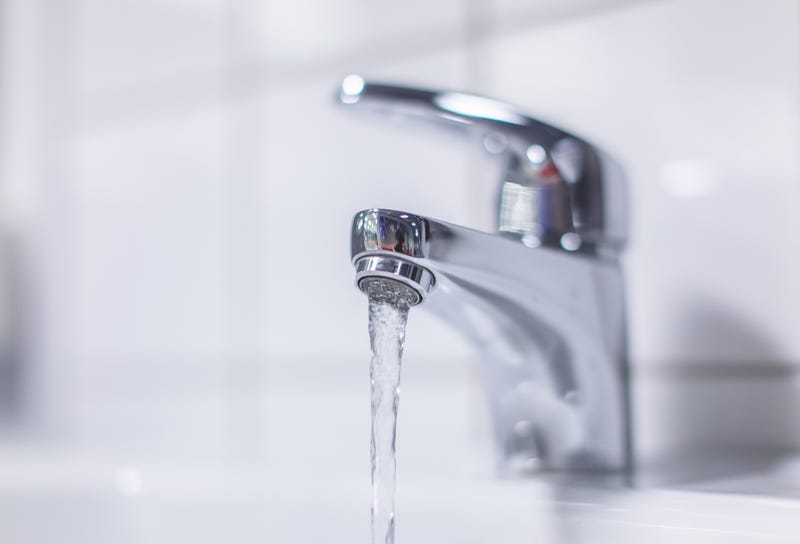
DETROIT (WWJ) – For the first time in three years – since before the start of the pandemic – some Detroiters are in danger of having their water physically shut off.
The Detroit Water and Sewerage Department (DWSD) plans to resume water shutoffs this month for customers who owe more than $5,000 in water payments and are not enrolled in one of the city’s payment plans.
At the end of 2022 the city lifted a moratorium on water shutoffs that had been put in place to help residents struggling to pay their bills.
For the first time since before the pandemic, DWSD plans to resume water interruptions some time next week. The first interruptions will be for customers who have balances of more than $5,000 but “can likely afford to pay their water bill,” the department announced this week.
But anyone struggling to keep up on their bills can enroll in the city’s Lifeline or 10/30/50 payment plans.
The Lifeline Plan offers fixed monthly rates between $18 to $56, based on income and how much water a household uses. The 10/30/50 Plan is a payment arrangement for residents and businesses without income restrictions, requiring customers to make a down payment on their past due balance and spreading out the debt up to 24 months, along with regular monthly bills.
More information on the payment plans can be found on the DWSD website.
On Thursday DWSD Director Gary Brown explained the city has identified roughly 700 households in high- and medium-income neighborhoods that are in imminent danger of having their shutoffs resume.
Brown said DWSD placed “door knockers” at those homes earlier this month, and have also tried calling to notify them. He told WWJ’s Ryan Marshall he’d now prefer to institute temporary water shutoffs than put a lien on someone’s house and do further damage.
“You’re gonna exacerbate the foreclosure rate. You’re gonna put a lien on that house and then they’re gonna lose it,” Brown said. “I refuse to put residential customers on a tax roll and then have some out of town predators come in and take their house for what they owe on water. Do I legally have the right to do it? Yes. Is it morally right? No. Not after going through the foreclosure crisis this city went through.”
Brown says DWSD has a nearly $450 million operating budget, so when they don't get collection money from water bills, "that bad debt gets rolled into next year's rates" -- which exacerbates problems when it comes to keeping rates affordable.

